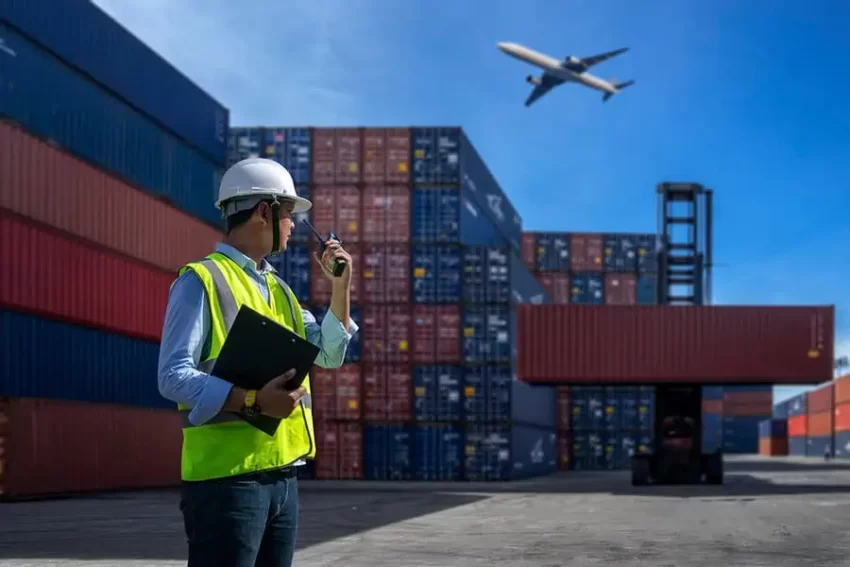In today’s interconnected world, the export business is more than a trade opportunity — it is a gateway to global relevance, generational wealth, and legacy building. Whether you’re a small business owner or a rising industrialist, entering the export market positions you not just as a local entrepreneur, but as a strategic player in international commerce.
🌍 Why Exports Matter
Exports drive economies. They elevate brands. They command foreign exchange, unlock new markets, and offer scale that local business models often can’t match. For entrepreneurs in Africa, Asia, and other emerging markets, exporting is no longer a luxury — it is a necessity for sustainable growth.
🧭 Step-by-Step Guide to Entering the Export Business
1. Identify a Viable Product or Service
Start with what your region does best — agriculture, artisan products, minerals, textiles, or niche services. High-potential export items often include:
- Coffee, tea, cocoa, and spices
- Handcrafted luxury goods
- Natural skincare and wellness products
- Leather and textile products
- Processed foods and beverages
Ask yourself:
Is this product in demand globally? Can I scale it sustainably while maintaining quality?
2. Conduct Deep Market Research
Don’t export blindly. Learn which countries demand your product, what regulations apply, and who your competitors are. Analyze:
- Tariffs and trade agreements (e.g., AGOA, AfCFTA, EU–ACP agreements)
- Import restrictions and certification requirements
- Cultural preferences and consumer behavior
Use platforms like ITC’s Trade Map, UN Comtrade, or your local export promotion council to identify trends and data.
3. Register Your Business for Export
Make it official:
- Register with your country’s Export Promotion Authority or Trade Ministry
- Acquire an export license
- Understand your HS (Harmonized System) code
- Set up an export-import (EXIM) bank account
Having the right documentation ensures credibility with both customs and foreign buyers.
4. Build Strategic Supply Chains
Success in exports depends on:
- Reliable sourcing of raw materials
- Scalable production methods
- Professional packaging
- Timely logistics
Form partnerships with local cooperatives, manufacturers, logistics companies, and international freight forwarders. Quality, consistency, and speed matter.
5. Understand International Compliance
Different markets have different rules. Learn about:
- FDA approvals for food & cosmetics (U.S.)
- CE certifications for EU markets
- Halal, organic, or fair-trade labels depending on your niche
Failure to comply can result in expensive returns or bans. Compliance is a mark of professionalism.
6. Master International Payment & Shipping
Use secure payment methods like Letters of Credit (LC), Escrow, or PayPal for smaller shipments. Understand Incoterms (like FOB, CIF, EXW) — they define who pays for what during shipping.
Also, ensure your logistics partner handles:
- Customs clearance
- Freight insurance
- Warehousing (if necessary)
This protects you and your client, while enhancing your global reputation.
7. Attend Global Trade Fairs & Virtual Expos
Networking is power. Join:
- Dubai Export Week
- China Import and Export Fair (Canton Fair)
- Africa Trade Week
- Online B2B platforms like Alibaba, TradeKey, and Global Sources
These events attract high-net-worth buyers, distributors, and agents seeking trusted suppliers.
8. Brand with International Prestige
Packaging matters. Website presence matters. Storytelling matters. A product shipped across the world is no longer just “local” — it becomes a cultural ambassador.
Invest in:
- Elegant, export-grade packaging
- Luxury-standard photography and labeling
- A website that builds trust and tells your origin story
Your brand should whisper sophistication and trust across borders.
🌟 Final Thoughts: Exporting as a Path to Power
Entering the export market is not just about shipping goods — it’s about planting your flag on the global stage. It’s about seeing beyond borders and building a name that carries weight across continents.
So, whether you’re shipping avocado oil to Paris or African black soap to Tokyo — you are not just exporting a product. You are exporting a legacy.




